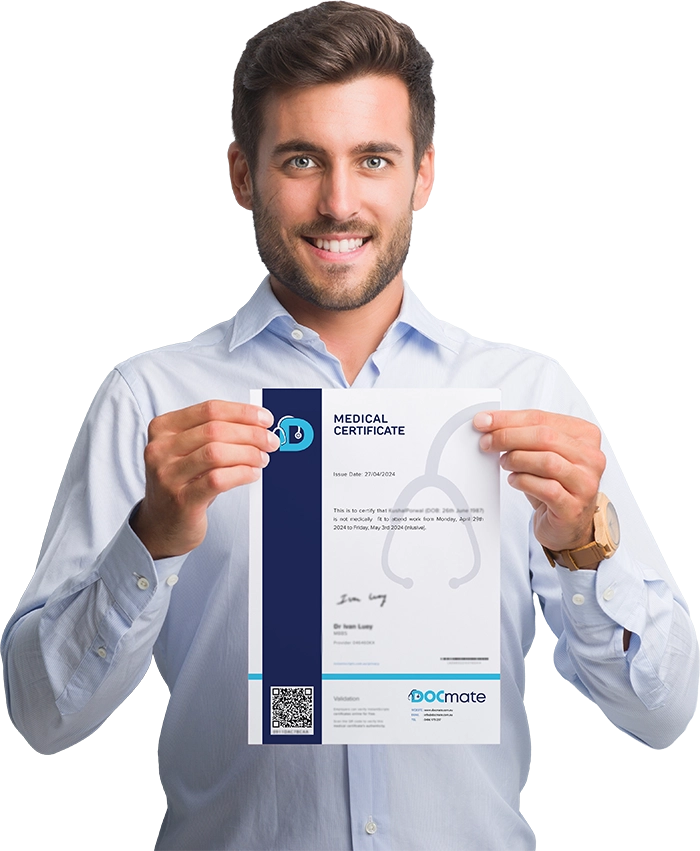
The first weeks after childbirth are often portrayed as blissful, but postpartum recovery is much more complex. It involves physical healing, emotional adjustments, and lifestyle changes that many new mothers feel unprepared for. This guide covers the overlooked aspects of recovery, from healing and managing sleep deprivation to building support networks, offering practical strategies, and realistic expectations for new moms.
Physical Recovery: Your Body’s Healing Journey
The physical recovery process after childbirth is complex and highly individual. Your body has just completed one of the most significant physical challenges it will ever face, and healing takes time, patience, and proper care.
Understanding Your Body’s Changes
Regardless of how you delivered your baby, your body needs substantial time to recover. The uterus requires approximately six weeks to return to its pre-pregnancy size, a process called involution. During this time, you’ll experience lochia—postpartum bleeding that gradually decreases in volume and changes color from bright red to brown to yellow-white.
Your abdominal muscles, which separated during pregnancy to accommodate your growing baby, need targeted attention to regain strength. This separation, called diastasis recti, affects nearly all pregnant women and requires specific exercises and sometimes professional guidance to address properly.
Pelvic Floor Recovery
The pelvic floor muscles, which support your bladder, uterus, and bowel, undergo tremendous stress during pregnancy and childbirth. These muscles may feel weak or different after delivery, potentially causing issues with bladder control or pelvic pressure.
Starting gentle pelvic floor exercises, often called Kegels, can begin as early as a few days after delivery if you’re comfortable. However, it’s crucial to perform these exercises correctly. Consider working with a pelvic floor physical therapist who can assess your specific needs and provide personalized exercises.
Breast and Chest Changes
Whether you’re breastfeeding or not, your breasts will undergo significant changes during the postpartum period. If you’re breastfeeding, you may experience engorgement, soreness, or blocked ducts. Proper positioning, frequent feeding, and supportive bras can help manage these challenges.
For those not breastfeeding, the process of milk suppression can cause discomfort and swelling. Cold compresses, supportive bras, and over-the-counter pain relievers can provide relief during this transition.
When to Consider Professional Help
While most postpartum changes are normal, some situations warrant professional attention. If you’re considering a tummy tuck procedure, like those offered in Utah, to address abdominal changes, it’s essential to wait until your body has fully healed and you’ve completed your family planning, typically at least six months to a year postpartum.
Emotional and Mental Health: The Invisible Recovery
The emotional and mental health aspects of postpartum recovery are often minimized or overlooked entirely. However, the psychological adjustment to motherhood is just as real and important as physical healing.
Baby Blues vs. Postpartum Depression
Up to 80% of new mothers experience the “baby blues”—mood swings, crying spells, anxiety, and difficulty sleeping that typically peak around day five postpartum and resolve within two weeks. These feelings are normal and usually manageable with rest, support, and patience.
Postpartum depression, however, is more serious and affects approximately 10-20% of new mothers. Symptoms include persistent sadness, loss of interest in activities, feelings of guilt or inadequacy, difficulty bonding with your baby, and thoughts of harming yourself or your baby. Unlike baby blues, postpartum depression doesn’t improve on its own and requires professional treatment.
Anxiety and Intrusive Thoughts
Postpartum anxiety is equally common but less discussed than depression. New mothers may experience excessive worry about their baby’s health and safety, panic attacks, or intrusive thoughts about potential harm coming to their child. While some worry is normal for new parents, persistent anxiety that interferes with daily functioning needs attention.
Strategies for Emotional Wellness
Building emotional resilience during postpartum recovery involves several key strategies:
Practice self-compassion: Acknowledge that adjustment takes time and that struggling doesn’t make you a bad mother. Treat yourself with the same kindness you’d offer a friend facing similar challenges.
Maintain connections: Isolation can worsen emotional difficulties. Make an effort to stay connected with friends, family, or other new mothers who understand your experience.
Establish routines: Simple daily routines can provide structure and normalcy during a time when everything feels chaotic and new.
Seek professional help when needed: Don’t hesitate to reach out to healthcare providers, therapists, or support groups if you’re struggling with your mental health.
Nutrition and Diet: Fueling Your Recovery
Proper nutrition plays a crucial role in postpartum recovery, affecting everything from energy levels to mood stability and healing processes.
Nutritional Needs During Recovery
Your body requires additional nutrients to heal from childbirth and, if breastfeeding, to support milk production. Focus on nutrient-dense foods that provide sustained energy rather than quick fixes that may lead to energy crashes.
Protein is particularly important for tissue repair and healing. Aim for lean meats, fish, eggs, dairy products, legumes, and nuts. Iron-rich foods help replenish stores depleted during pregnancy and delivery, especially if you experienced significant blood loss.
Hydration and Energy
Dehydration can significantly impact energy levels and mood. New mothers often forget to drink enough water, especially when focused on caring for their baby. Keep water bottles in multiple locations throughout your home and set reminders if necessary.
Breastfeeding Nutrition
If you’re breastfeeding, you’ll need an additional 300-500 calories per day. Focus on quality rather than quantity, choosing foods that provide essential nutrients like calcium, vitamin D, and omega-3 fatty acids.
Certain foods may affect your baby through breast milk, but most mothers don’t need to avoid specific foods unless they notice clear reactions in their baby. Common concerns include caffeine, alcohol, and highly allergenic foods, but these can often be consumed in moderation.
Meal Planning and Preparation
Preparing nutritious meals while caring for a newborn can be challenging. Consider batch cooking during pregnancy, accepting meal deliveries from friends and family, or using meal delivery services designed for new parents.
Sleep and Rest: Maximizing Recovery Time
Sleep deprivation is one of the most challenging aspects of early parenthood and can significantly impact both physical and emotional recovery.
Understanding Newborn Sleep Patterns
Newborns typically sleep 14-17 hours per day, but in short stretches of 2-4 hours. This pattern is normal and necessary for their development, but it can leave parents feeling exhausted and fragmented.
Sleep Strategies for New Parents
Sleep when the baby sleeps: While this advice may seem impossible, even short 20-30 minute naps can help restore energy and improve mood.
Create a conducive sleep environment: Keep your bedroom cool, dark, and quiet. Consider using blackout curtains and white noise machines to optimize sleep quality.
Establish nighttime routines: Even simple routines can signal to your body that it’s time to rest. This might include dimming lights, avoiding screens before bed, or practicing relaxation techniques.
Share nighttime duties: If you have a partner, take turns handling nighttime feedings and diaper changes. This allows each person to get longer stretches of uninterrupted sleep.
Managing Sleep Expectations
Accept that your sleep will be different for several months. Rather than aiming for eight consecutive hours, focus on maximizing the quality of sleep you do get and finding opportunities for rest throughout the day.
Partner and Community Support: Building Your Village
Recovery is not a solo journey. Building and accepting support from partners, family, friends, and community members is essential for successful postpartum healing.
Communicating with Your Partner
Clear communication with your partner about needs, expectations, and responsibilities can prevent misunderstandings and resentment. Discuss practical matters like household duties, childcare responsibilities, and personal needs for rest and recovery.
Your partner is also adjusting to parenthood and may be experiencing their own emotional challenges. Regular check-ins with each other can help maintain connection and mutual support during this transition.
Accepting Help from Others
Many new mothers struggle with accepting help, feeling they should be able to manage everything independently. However, accepting assistance is not a sign of weakness—it’s a practical strategy for recovery and long-term well-being.
Be specific about what kind of help you need. Instead of saying “I’m fine” when someone offers help, consider asking them to bring a meal, do a load of laundry, or hold the baby while you shower.
Building Community Connections
Connecting with other new parents can provide valuable support and normalize your experiences. Consider joining new parent groups, attending baby classes, or participating in online communities for parents.
Professional support is also available and valuable. This might include lactation consultants, postpartum doulas, housekeeping services, or childcare providers who can give you time to rest and recover.
Conclusion
Postpartum recovery is a personal journey that takes time, patience, and care. It’s not linear—some days will be harder than others, and that’s okay. Focus on progress, celebrate small wins, and prioritize your well-being. Recovery isn’t selfish; it’s essential for you and your family. Build a support network, seek help when needed, and permit yourself to heal at your own pace. Your recovery matters!


